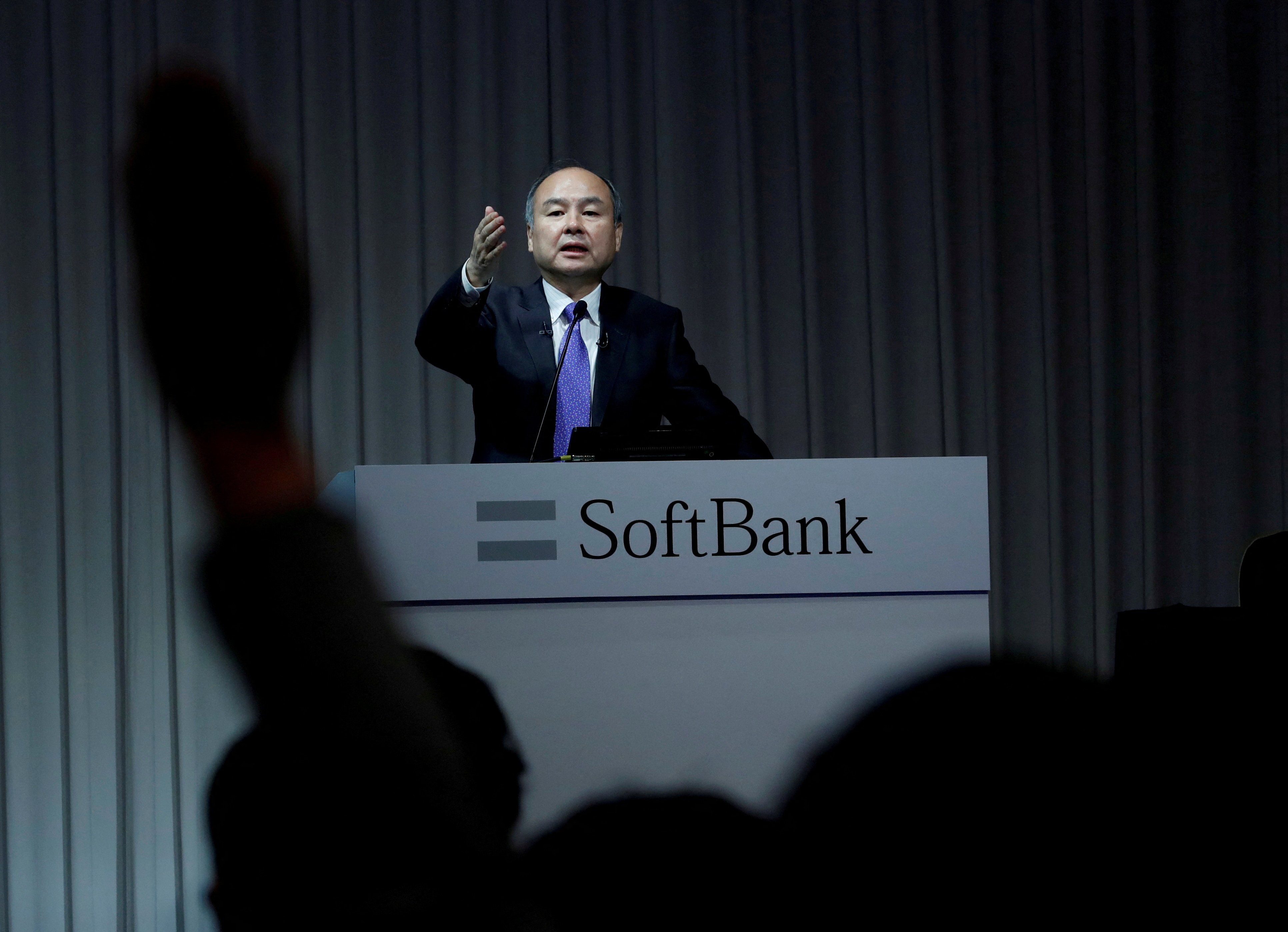6.85 billion: After laying low in recent months, SoftBank CEO Masayoshi Son said this week that he’s ready to move the company into “offense mode” amid the artificial intelligence boom. The company had been in a defensive posture after its investment arm incurred heavy losses worth $6.85 billion in the year ending March 31. SoftBank’s stock rose after the announcement.
20 million: Big Tech companies at the forefront of artificial intelligence developments – including Google, Microsoft, and OpenAI – are in talks with major global news publications to iron out a financial model for publishers to get reimbursed for news content used to train AI tech. Creating a workable framework for this unparalleled tech will be very difficult, with reports that some publishers have floated payouts of up to $20 million a year.
4.4 trillion: Generative AI could add $4.4 trillion to the global economy annually by reducing redundancies in work processes, according to a new report by McKinsey, one of the few firms to have assessed the long-term financial impact of AI. But there’s a catch: The report also says that 50% of work will be automated between 2030 and 2060 – 15 years earlier than the firm initially predicted.
20,000: A lucrative black market for sophisticated US-made AI chips has developed in China in recent months after Washington banned US conglomerate Nvidia from exporting two of its chips, the most sophisticated in the industry, to mainland China and Hong Kong. Chips are now being sold for close to
$20,000 a piece, twice the normal price. The US, for its part, has slapped a range of sanctions on China in a bid to stymie its AI and quantum computing development.
